Search
Showing results for "8"
Research
A Retrospective case-series of children with bone and joint infection from northern AustraliaWe report osteomyelitis incidence in indigenous children of northern Australia is amongst the highest reported in the world
Research
The PneuCarriage Project: A Multi-Centre Comparative Study to Identify the Best Serotyping Methods for Examining Pneumococcal CarriageThe PneuCarriage project, a large, international multi-centre study for the identification of the best pneumococcal serotyping methods for carriage studies
Research
A systematic and functional classification of Streptococcus pyogenes that serves as a new tool for molecular typing and vaccine development.This publication is a systematic analysis of all Group A Streptococcus M protein variants, to assist in the development of a vaccine.
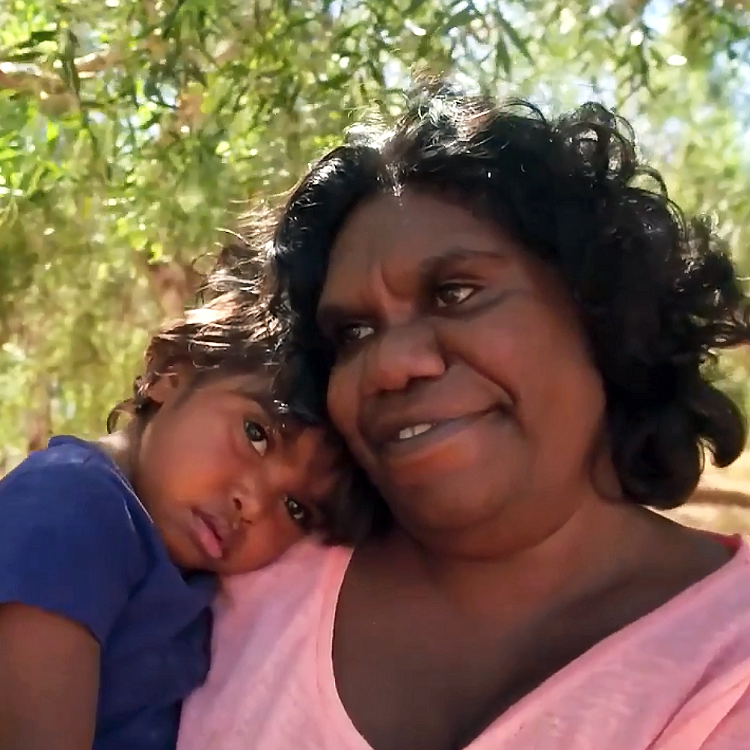
News & Events
Making FASD History in the Pilbara: celebrating International FASD Awareness DayTo mark International FASD Awareness Day, The Kids will launch a series of health promotion videos that feature local Aboriginal community members.
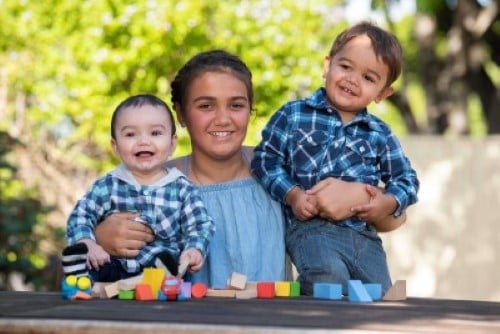
News & Events
Ear health partnership brings brighter future for Aboriginal kidsA new partnership between The Kids Research Institute Australia, Dr George Sim and St John of God Murdoch Hospital will offer essential surgery at no cost for a group of Aboriginal children suffering severe ear infections.
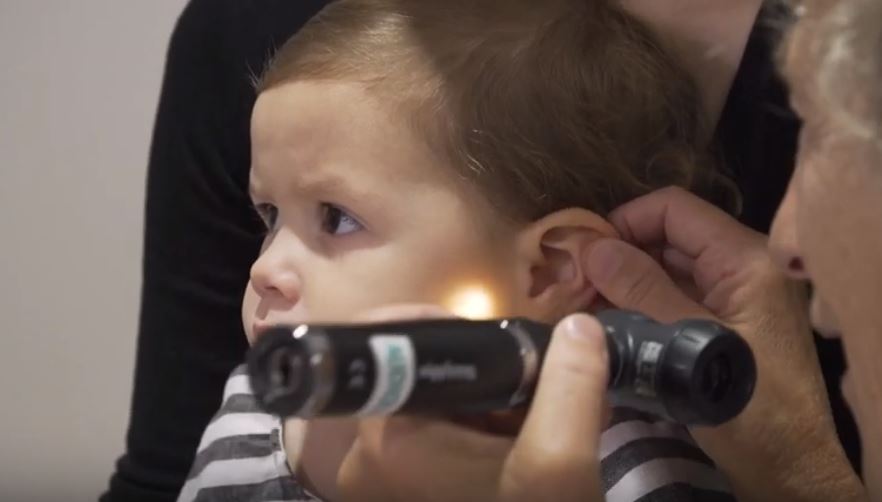
News & Events
Perth researchers one step closer to wiping out childhood ear infectionsResearchers from The Kids Research Institute Australia have identified the main bacteria responsible for recurrent ear infections and repeat ear surgeries in children.
Research
Evaluation of Pediatric HIV Postexposure Prophylaxis Guideline Following Child Sexual Assault in Western AustraliaHIV postexposure prophylaxis (PEP) following child sexual assault (CSA) is recommended in select cases. High rates of poor adherence to PEP are reported. We evaluated adherence to the recommended management of children following CSA at the tertiary pediatric facility in Western Australia and compared our approach with international guidelines.
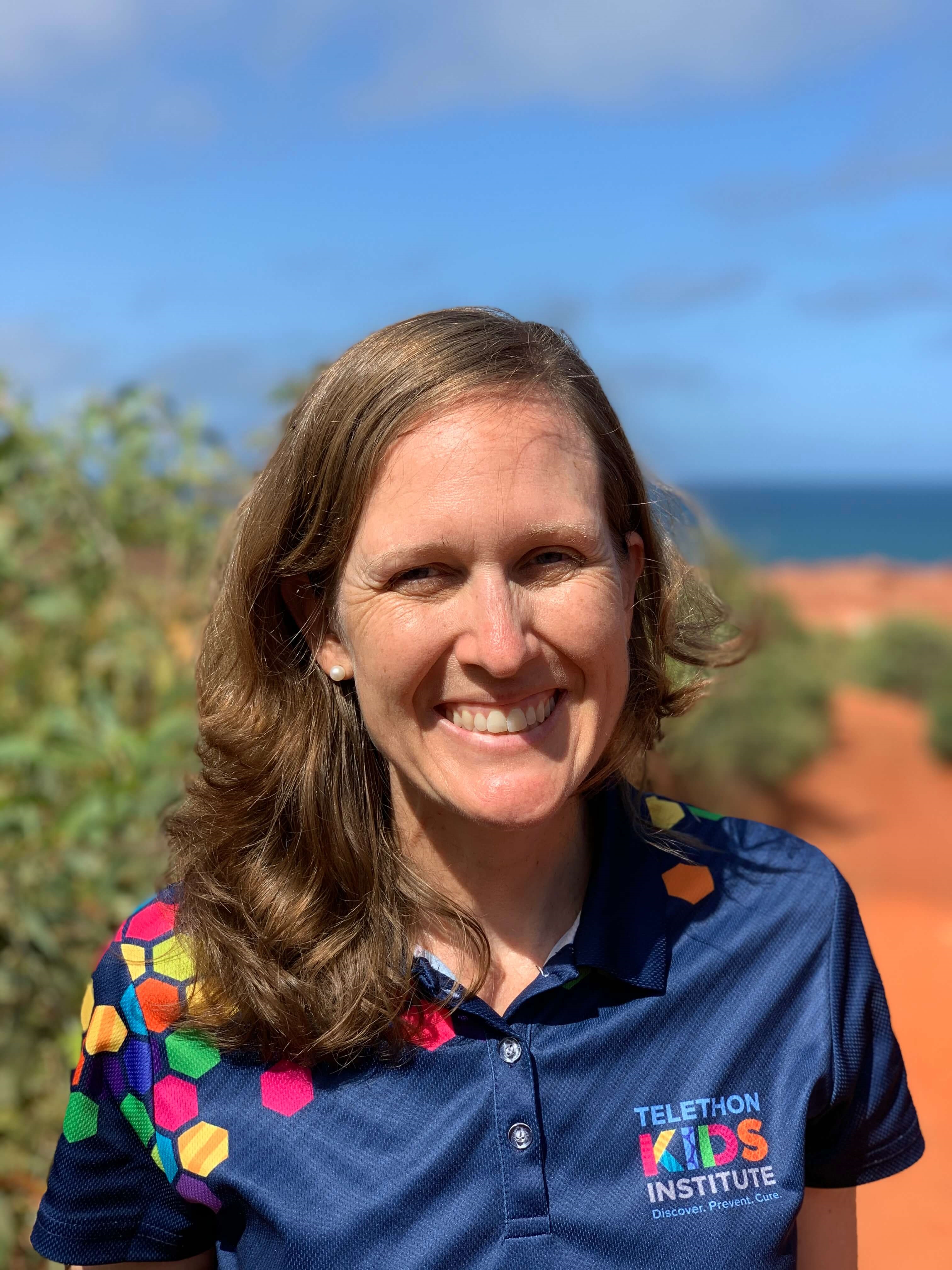
News & Events
The Kids Research Institute Australia researcher wins Eureka Prize for Emerging Leader in SciencePaediatric infectious disease expert and clinician-scientist Associate Professor Asha Bowen has been named as the Emerging Leader in Science at the country’s most prestigious science awards – the Australian Museum Eureka Prizes.
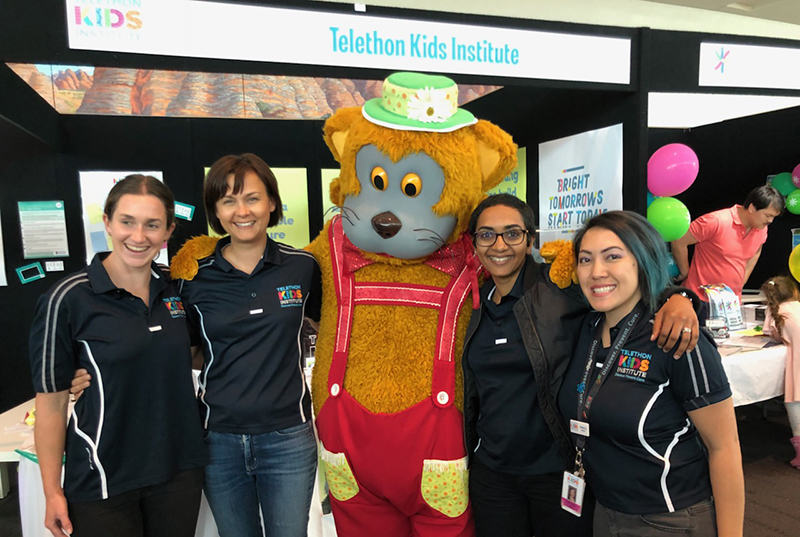
News & Events
Telethon smashes records as West Australians dig deep for sick kidsHuge congratulations to Telethon on another record-breaking year, with generous West Australians donating just over $38 million to help sick kids.
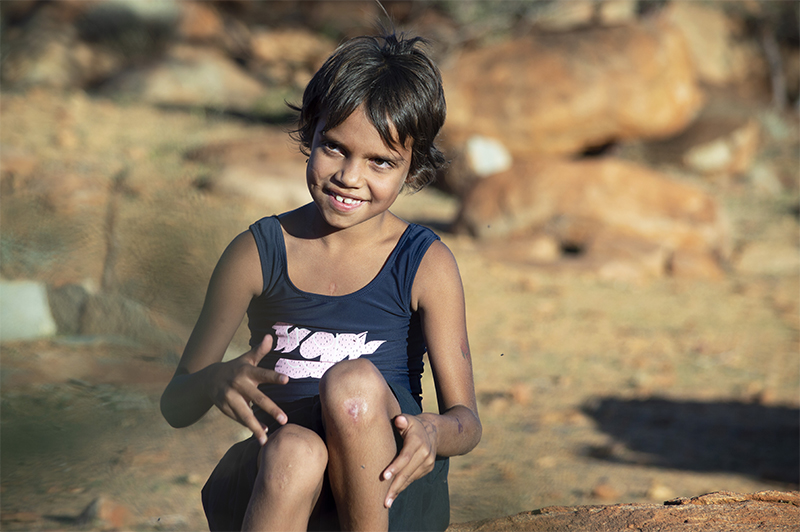
News & Events
Endgame for deadly heart disease will save hundreds of livesRheumatic heart disease, a deadly yet entirely preventable heart disease taking the lives of Aboriginal and Torres Strait Islander people, is finally on the verge of elimination thanks to new research
